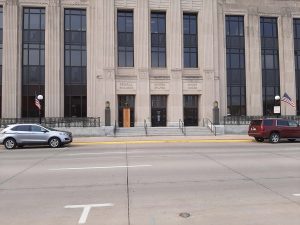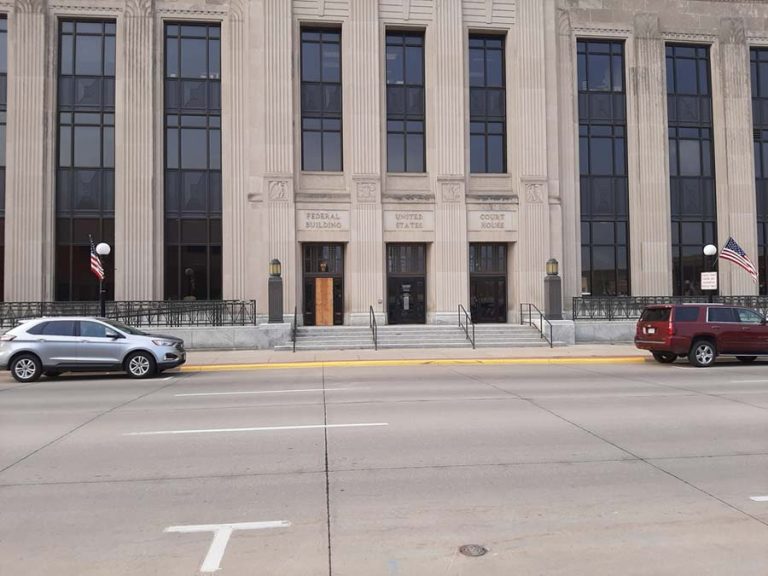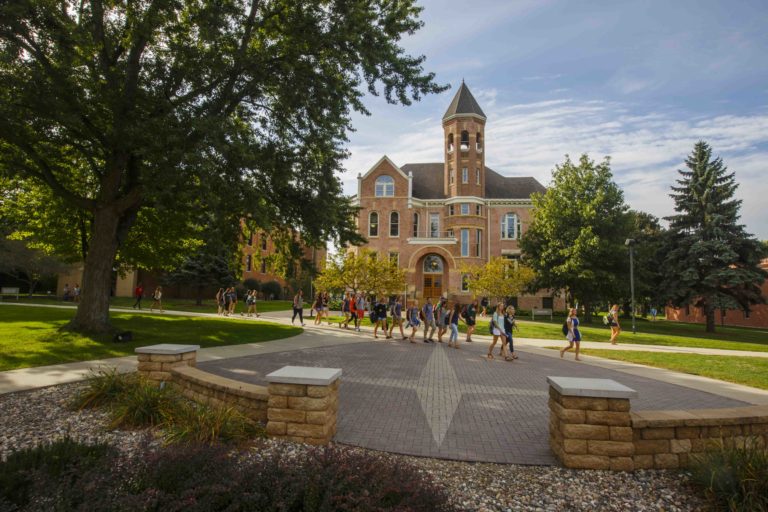Des Moines, Iowa — (RI) — The Iowa Supreme Court has upheld parts of an injunction against Iowa’s new voting law.
The League of United Latin American Citizens challenged the constitutionality of three provisions of the law and a Polk County judge granted an injunction blocking provisions of the law until the case can be heard in court.
The Iowa Supreme Court upheld the injunction against using signature matching and voter verification numbers for absentee ballots. It also keeps in place a ban on the Iowa Secretary of State using language that says voters are required to show an ID for an absentee ballot or saying an ID is required for voting in 2018.
The Supreme Court reversed the part of the injunction blocking the reduction of the early voting period from 40 to 29 days.
The ruling came just one day after lawyers for both sides argued their cases before Iowa’s Supreme Court Justices.
*********************************************************************
Original story posted at 11:56am 8/10/18
Des Moines, Iowa — (RI) — The Iowa Supreme Court heard oral arguments Thursday on the Secretary of State’s request to remove a temporary injunction that has blocked parts of Iowa’s new voting law.
The League of United Latin American Citizens, or LULAC, challenged the constitutionality of three provisions of the law. One of the provisions is the requirement that a ballot can be rejected if signatures are checked and don’t match. The attorney for the state, Thomas Ogden, says there have always been safeguards in place like this.
Ogden says it only becomes a concern when someone waits until the last minute to vote.
LULAC also challenged the move to cut the early voting period from 40 to 30 days, saying it suppressed voter numbers. Ogden says the shorter period did not have any impact on the number of recent primary voters.
Ogden says even after dropping to 30 days, Iowa’s voting period is still one of the longest.
LULAC attorney Bruce Spiva says the changes hurt the organization as they had to spend more money to get people out to vote.
Justice Thomas Waterman asked Spiva why the group why the group didn’t file a lawsuit as soon as the law changed in January, and says it has caused issues for auditors.
He says having the funds to file the lawsuit was one of the reasons they didn’t act sooner. Spiva was asked if the group would have sued in the early voting period had been 50 days and cut back to 40. He says he wouldn’t expect the concern to extend in that case, and says it is more of what voters have been used to for the early voting period.
Spiva was asked there was any evidence that the change suppressed the vote in the June primary election.
He says they are arguing that 88-thousand people voted in the 11-day period relied on the time and the state pulled it away from them. Chief Justice Mark Cady says they understand this is an important case that needs a quick answer and they will try to do deliver one.











